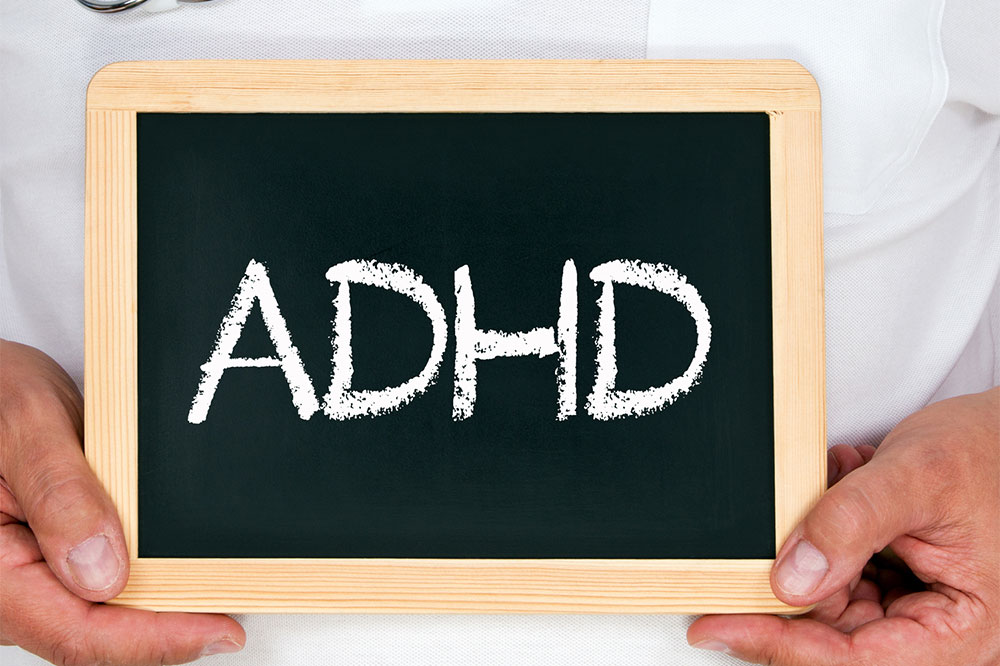Symptoms and causes of ADHD

Attention-Deficit Hyperactivity Disorder (ADHD) is a condition mostly diagnosed in children, and its symptoms can continue well into adulthood. This disorder can result in hyperactivity, difficulty focusing, behavioral issues like frequent outbursts of anger and frustration, and inattentiveness. While this condition does not have a cure, the symptoms can be managed effectively with proper treatment. Read on to know more about this condition.
Symptoms of ADHD
The main symptoms of ADHD are impulsive behavior, inattention, and hyperactivity. The signs can appear from a young age and become apparent even before children turn 12 years old. Also, ADHD can manifest in different ways in boys and girls. While it is common for boys to be more hyperactive, girls with this disorder tend to be inattentive.
Generally, children with ADHD will either be inattentive or hyperactive or have a combination of these symptoms.
Inattention
If a child shows some of the following signs for at least 6 months, they might be facing the problem of inattentiveness:
- Makes careless mistakes while doing homework or fails to pay attention to detail
- Cannot focus while playing or performing simple tasks
- May not listen carefully, even when someone is talking to them directly
- Cannot follow instructions
- Is unable to organize tasks
- Avoids any task that requires focus
- Loses things easily and frequently
- Can become distracted easily
Impulsivity and hyperactivity
The following is a list of the symptoms that indicate impulsivity or hyperactivity in children if they manifest for 6 months or longer:
- Tapping the hands or feet constantly
- Becoming restless easily and moving constantly; cannot be seated comfortably for long
- Running around even when it is inappropriate
- Performing any task with a lot of noise
- Interrupting others’ activities and conversations
Causes of ADHD
While the exact cause has not been known yet, studies have identified certain factors that may contribute to the development of ADHD:
- Brain anatomy
An individual’s activity levels and attention efficiency are controlled by certain parts of the brain, and a lower level of activity in these parts can cause the disorder. - Genetics
If one of the child’s parents has a history of ADHD, there is a high chance that the child will have it too. Also, if one sibling has the condition, the other one may develop it. - Premature
It has been observed that children born prematurely face a higher risk of developing ADHD. - Environment
The presence of certain toxins in a child’s environment may cause the disease, but this happens only in rare instances.
If children with ADHD do not receive timely treatment and proper care, they may be more prone to developing behavioral issues and other problems, especially during their teenage years. Adults with untreated symptoms, on the other hand, may find it difficult to complete their tasks, be part of a team, perform well at work, and stay organized or focused.
Taking medications and incorporating dietary changes to improve the symptoms of ADHD should be started at a young age to effectively manage the symptoms and improve the child’s quality of life.









